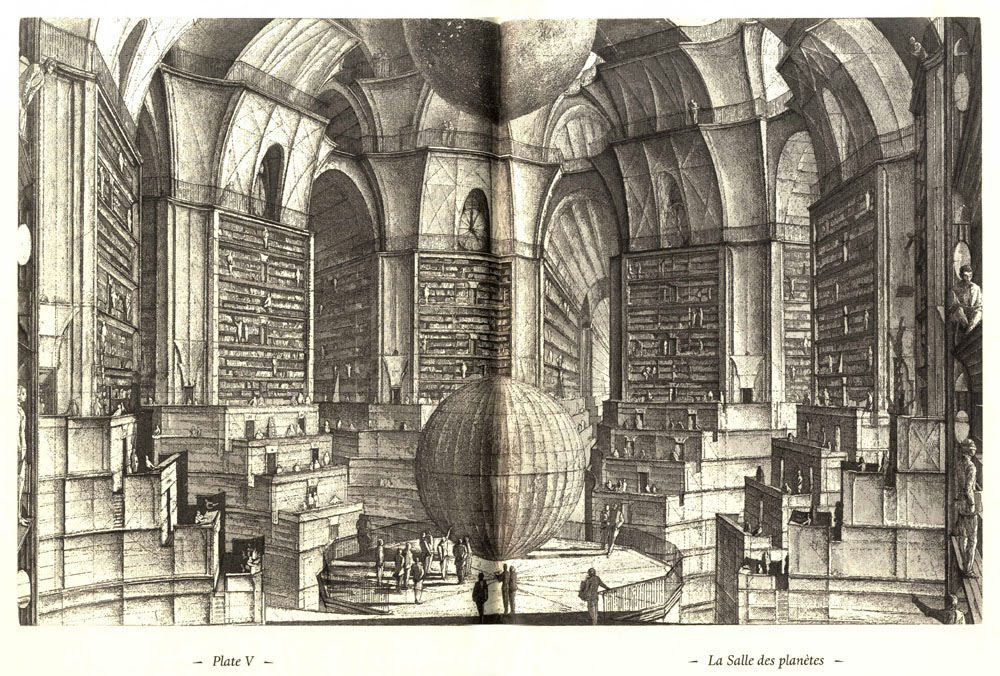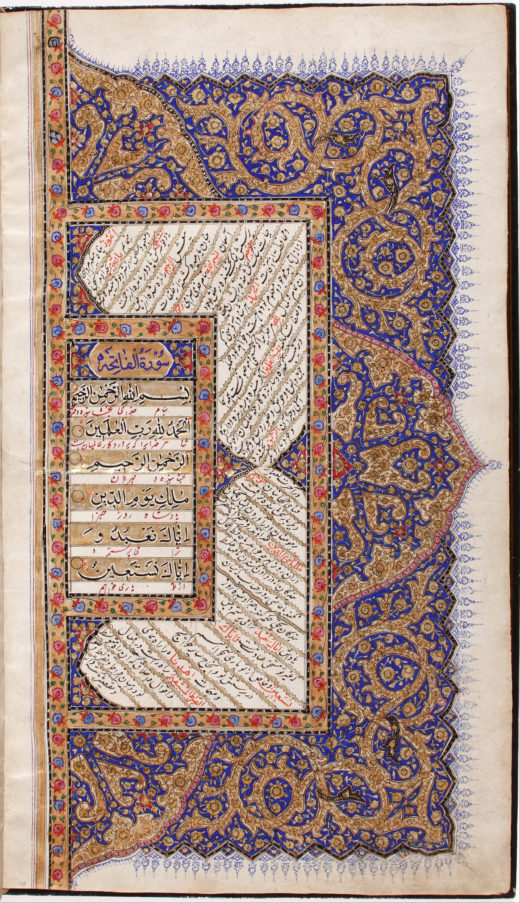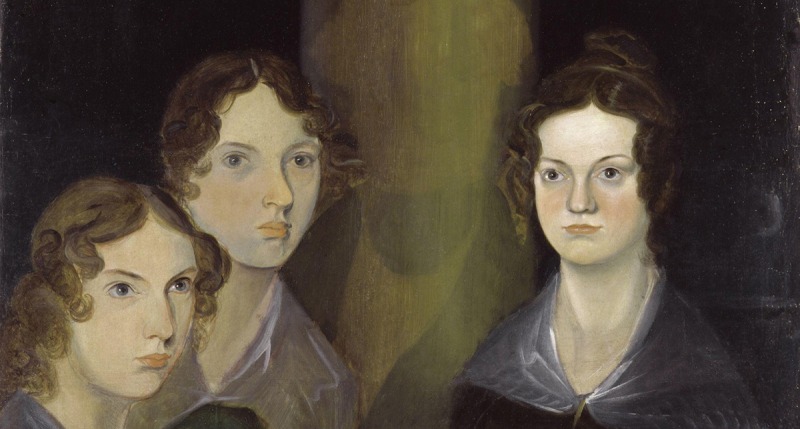via OUP Blog by Berit Henrickson

“Paintings on north wall of Xu Xianxiu Tomb”. Photo by Ancient Chinese Tomb Painter. Public domain via Wikimedia Commons.
The modern day pipa has gone through many transformations since being introduced during the Han dynasty and Koryŏ period. The instrument was integrated into three distinct cultures. It can be made of several different materials. The pipa has even been physically positioned in separate ways. The evolving models of the instrument to its changing popular usage show that the pipa has a long and rich history.
Continue reading
=============================
via 3 Quarks Daily: from Medical Xpress

Credit: CC0 Public Domain
For most people having a good memory means being able to remember more information clearly for long periods of time. For neuroscientists too, the inability to remember was long believed to represent a failure of the brain's mechanisms for storing and retrieving information. But according to a new review paper from Paul Frankland, a senior fellow in CIFAR's Child & Brain Development program, and Blake Richards, an associate fellow in the Learning in Machines & Brains program, our brains are actively working to forget. In fact, the two University of Toronto researchers propose that the goal of memory is not to transmit the most accurate information over time, but to guide and optimize intelligent decision making by only holding on to valuable information.
Continue reading
=============================
The extraordinary afterlife of an ordinary writer
via Arts & Letters Daily: Terry Teachout in Commentary
Sixty-nine years after her death and 85 years after the publication of her only completed novel, Save Me the Waltz, Zelda Fitzgerald is still making news. Z: The Beginning of Everything, a soap-opera-ish 10-installment Amazon TV series in which Christina Ricci plays the ill-fated wife of F. Scott Fitzgerald, began airing earlier this year. It was based on Z, Therese Anne Fowler’s best-selling 2013 novel about the Fitzgeralds, the latest of a long string of fictionalized portrayals of the best-remembered married couple of the Roaring Twenties. Most of them, Z included, proceed from the premise that Zelda, who spent the second half of her life shuttling in and out of mental institutions, was a major artist in the making whose gifts were crushed by an uncaring husband who refused to admit that she was his creative peer. No one seems to have thought any such thing in Zelda’s lifetime, and for long afterward. Ring Lardner, who knew both Fitzgeralds well, summed up the case for the prosecution when he wrote in 1925 that “Mr. Fitzgerald is a novelist and Mrs. Fitzgerald is a novelty.” But he penned those words before Zelda had written anything other than a handful of short stories and prose sketches. In those days, she was still seen as a clever, beautiful pendant to her husband, who by then had written three novels, one of them a masterpiece, and dozens of short stories, not a few of the latter of the highest possible quality.
Continue reading
=============================
via 3 Quarks Daily: Liam Cagney in The Irish Times

Released to coincide with the 50th anniversary of “Sgt. Pepper’s Lonely Hearts Club Band”, the essays in this collection are ordered chronologically, from 1963’s “She Loves You” to 1970’s “Two Of Us”
In Ulysses, when the character Haines hears that Stephen Dedalus has concocted an elaborate theory about Hamlet, he quips that Shakespeare is “the happy hunting ground of all minds that have lost their balance”. The same might be said of the Bard’s 20th-century artistic interlopers The Beatles. At one end of the spectrum there’s Ian MacDonald, encyclopaedically charting the circumstances behind every Beatles song; at the other end, Mark David Chapman, obsessive fan turned assassin (and I won’t even start on The Beatles Never Existed, surely the web’s weirdest conspiracy site).
Continue reading
=============================
via Boing Boing by Rob Beschizza

Deleted Wikipedia articles with freaky titles is the best article on Wikipedia. From "Ç‹¬ç‰¹è§Â解" to Zombucks, with many oddities along the way (such as "☼☼☼☼☼☼☼☼"), all that remains are the tantalizing names given to what were surely excellent, well-researched and not at all fannishly promotional entries for geeky obsessions.
Continue reading
=============================
via 3 Quarks Daily: Zain Alam in The Miami Rail

Quran, 1770-1800. Courtesy of the Museo Lázaro Galdiano.
I am a Muslim. Minutes after I was born at the Flushing Hospital in Queens, New York City, my father whispered the shahadah into my ears: La ilaha il-Allah – There is no God but God. I was introduced to Islam with the world, and the rhythm of La ilaha il-Allah took the place of my mother’s heartbeat. All other experiences were subsequent to the rhythms of Islamic verse. In my childhood home of Kennesaw, Georgia and in cities across South Asia, I’ve heard the shahadah repeated daily in the azaan, which calls believers to prayer. No one disputes the beauty of the sound – the strong and sonorous voice of the muezzin casting a spell on its surroundings. At home, recorded azaans are played back by apps that have re-placed miniature mosque-shaped alarm clocks that double as home decorations. But their intention is the same: to invite us to prayer regularly, five times a day.
Continue reading
=============================
via the New Statesman by Jonathan Portes
1. You’re probably a capitalist – among other things
Are you a capitalist? The first question to ask is: do you own shares? Even if you don’t own any directly (about half of Americans do but the proportion is far lower in most other countries) you may have a pension that is at least partly invested in the stock market; or you’ll have savings in a bank.
Continue reading
=============================
via MakeUseOf by Joel Lee
Keep reading to discover lesser-known sites that may blow your mind or even change your life. You won’t find all of them useful, but I guarantee that at least one of them will seriously impress you.
We’ve divided them into four categories: Creative, Educational, Arts and Entertainment, and Utilities. Feel free to jump ahead to any of them.
Continue reading
Yay, I found one!
=============================
How the novelist’s work as a governess shaped her worldview – and her writing.
via Arts & Letters Daily: John Pfordresher in Lapham’s Quarterly

The Brontë Sisters (Anne Brontë; Emily Brontë; Charlotte Brontë) (detail), by Branwell Brontë, c. 1834. © National Portrait Gallery, London.
Beginning life as a governess was far more unpleasant for Charlotte Brontë and her sister Anne than it was for Jane Eyre. When only a little more than eighteen years old, Anne served for nine months (April–December 1839) as governess for the Ingham family in charge of their two oldest children. Her novel, Agnes Grey, recounts her disillusionment as she begins to learn what being a governess actually entails.
Continue reading and if you enjoy reading Jane Eyre as much as I do then please allow yourself time to read this piece through to the end.
=============================
via Interesting Literature
A summary of an early English sonnet
As we’ve mentioned before, although he gets the credit for it, William Shakespeare didn’t invent the Shakespearean sonnet. That specific poetic form – also known as the English sonnet, and rhyming ababcdcdefefgg – was instead the innovation of a Tudor courtier and poet named Henry Howard, Earl of Surrey (1517-47), who, as well as making Shakespeare’s Sonnets possible, also invented the verse form that would make Elizabethan drama possible: blank verse. In short, the Bard had a lot to thank Henry Howard for.
Continue reading
No comments:
Post a Comment